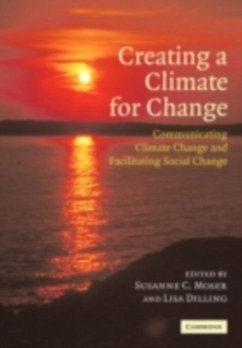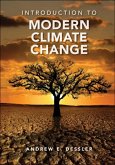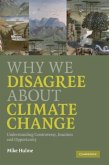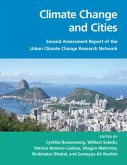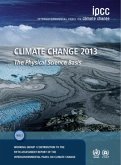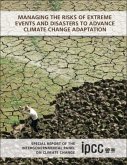The need for effective communication, public outreach and education to increase support for policy, collective action and behaviour change is ever present, and is perhaps most pressing in the context of anthropogenic climate change. This book is the first to take a comprehensive look at communication and social change specifically targeted to climate change. It is a unique collection of ideas examining the challenges associated with communicating climate change in order to facilitate societal response. It offers well-founded, practical suggestions on how to communicate climate change and how to approach related social change more effectively. The contributors of this book come from a diverse range of backgrounds, from government and academia to non-governmental and civic sectors of society. The book is accessibly written, and any specialized terminology is explained. It will be of great interest to academic researchers and professionals in climate change, environmental policy, science communication, psychology, sociology and geography.
Dieser Download kann aus rechtlichen Gründen nur mit Rechnungsadresse in A, B, BG, CY, CZ, D, DK, EW, E, FIN, F, GR, HR, H, IRL, I, LT, L, LR, M, NL, PL, P, R, S, SLO, SK ausgeliefert werden.

